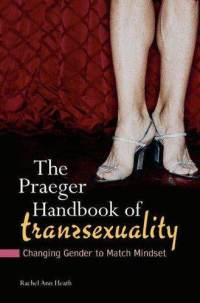Serendip is an independent site partnering with faculty at multiple colleges and universities around the world. Happy exploring!
Katie Randall's blog
A different kind of lecture
The lecture last night was intense and, for me, different from other lectures I've attended at Bryn Mawr. Partly it was the sheer scale of it and the buildup beforehand: while I'm sure there were some audience members only there for a class, there was a collective excitement that you just don't usually feel in an academic setting. The only event I can think of that came close was the lecture by Angela Davis. So first, there was a difference in the audience.
Then there was the difference in the speaker. The biggest difference, and the one I talked about with some friends afterwards, was that Judith Butler was there as an academic and theorist but taking a strong political stance. How often have we seen that? I can tell you how often I've heard it: never. Not once. I've occasionally had a professor take up political issues in the classroom, but not often. And never in a way that tied them so thoroughly to theory. I'd never heard a lecture that was both very academic and intensely political-- they tend to be one or the other. I'd never seen theory and practice so thoroughly entangled (to borrow Barad's term, which I may or may not thoroughly understand. But it seems right here).
Then there were the ideas themselves. Other people have complained about how hard it was to take notes with hardly any light, but I did it anyway because I knew that otherwise there was no way I'd be able to remember even half of what was brought up. I can even read most of what I wrote.
Unseeing Gender
In class we started to discuss Wilchin's question (one of many): Why do a gender at all? However, we didn't get very far in our answer. I noticed that many of us were focusing on potential individual actions, and kept getting stuck on the fact that any of our actions, no matter how unique or transgressive, would inevitably be read through the “slits” of the gender binary. This seemed to mean that none of our actions could lead to the option to not do a gender at all.
Thinking about this topic later, I was struck by a huge misunderstanding in my approach to the question. I think the foundation of not “doing” a gender has nothing at all to do with individual actions, and everything to do with observation. To not “do” a gender, I don't have to change my way of behaving-- in fact, I could change my way of walking, my way of speaking, my way of dressing and it wouldn't make the slightest difference. To not do gender, and to allow others to not do gender, I have to change my way of seeing.
The issue of gender is fundamentally an issue of the observer. If none of us observed gender, it wouldn't exist. I look at the pink, dresses, dolls and lipstick and see symbols. After learning to instantaneously recognize and interpret these symbols, it's nearly impossible for me to step back and see only a color, a piece of fabric, a toy and a red paste. Trying to unsee gender is like looking at a typed page and trying to see abstract art instead of language. I'm not even sure that I can.



